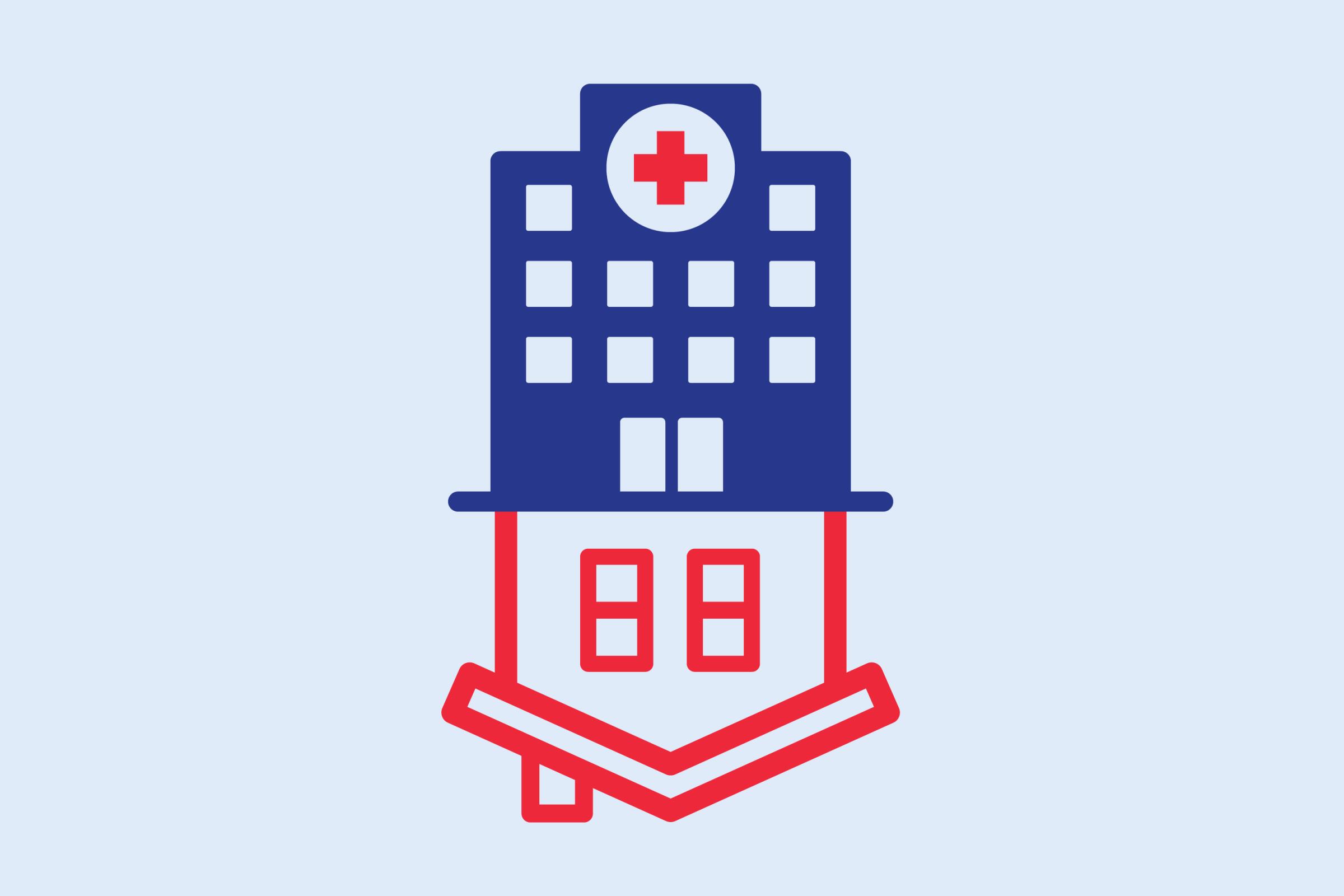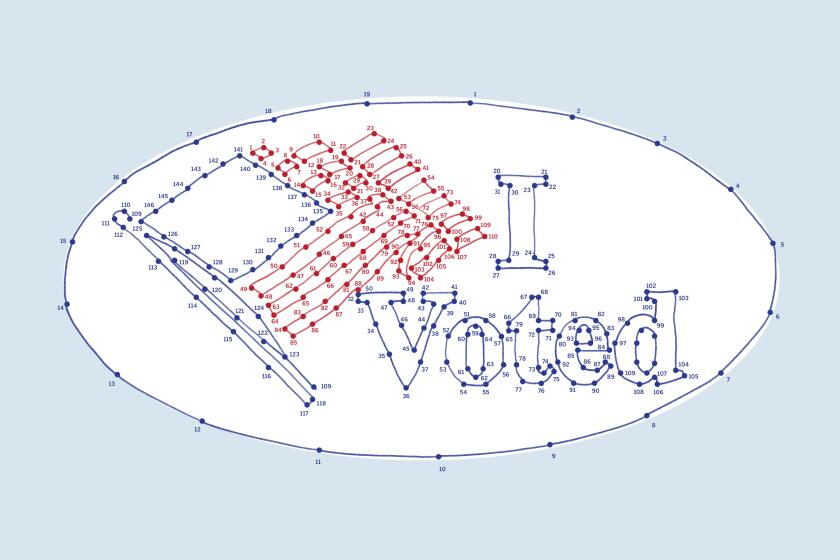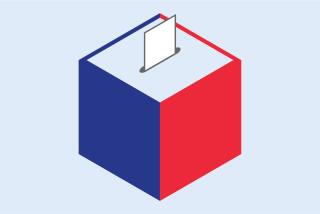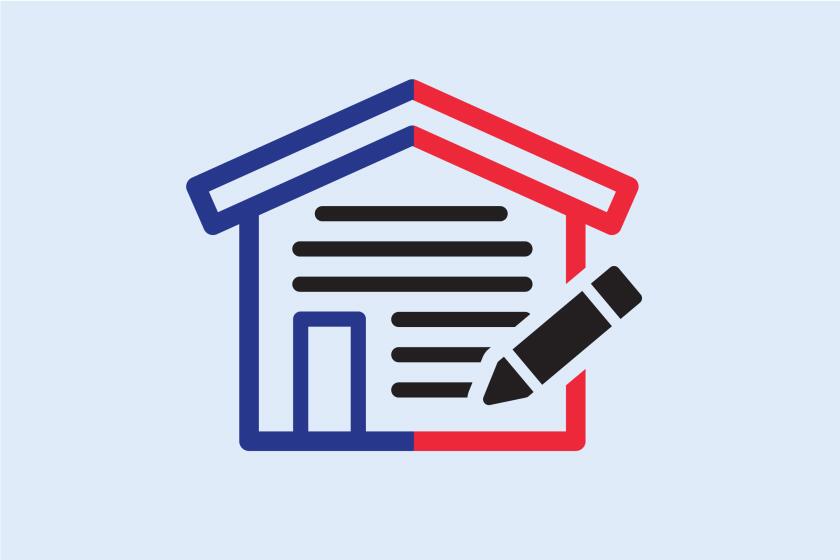The California Apartment Assn. says the measure will increase spending on patient care and, by permanently allowing the state to negotiate Medi-Cal drug prices, will lock in “billions of dollars in state savings every year” and thus lessen the rationale for taxes on its members.
Much of the recent advertising in favor of Proposition 34 hasn’t named AIDS Healthcare Foundation or its President Michael Weinstein specifically, but the apartment association has previously singled them out as a target.
Last year, a California Apartment Assn. communications director wrote on the trade group’s website that Proposition 34 was “aimed at preventing Weinstein from misusing taxpayer dollars on future rent control campaigns or other political ventures unrelated to the core mission of the AHF.”
The real estate group’s Protect Patients Now campaign committee also singled out Weinstein and AHF, when it listed them as the only named targets on the front page of its website.
The post on the apartment association’s website has since been removed, as have the AHF and Weinstein references on the campaign committee’s website, but they both remain visible in internet archives.
Nathan Click, a spokesman for Protect Patients Now, declined to answer questions about why the websites were changed, but said in an email that “while AHF and Weinstein are undoubtedly the most notorious abusers of the public dollars that flow from the program, they are by no means the only ones.”
The AIDS Healthcare Foundation has accused Protect Patients Now of “lying to voters and taxpayers about how AHF makes its money” and has called the measure anti-tenant and anti-patient.
AIDS Healthcare argues the measure is unconstitutional because the proposition singles it out for punishment, which supporters argue is false because, in theory, other organizations could qualify.
AHF sued to remove Proposition 34 from the ballot but was unsuccessful.
Mary-Beth Moylan, a law professor at University of the Pacific, said courts generally are reluctant to remove measures before an election, but judges may look more favorably upon AHF’s claims if Proposition 34 passes and the organization challenges it, as it has vowed to do.
“I think there is a good chance a court would find this unfairly punishes and targets a particular organization and person and that is really not allowable,” Moylan said.
If the measure passes and the courts uphold it, Moylan said, “it would be really unfortunate in terms of precedent setting.”
“It would encourage other groups to do these kind of retaliatory initiatives,” she said.























